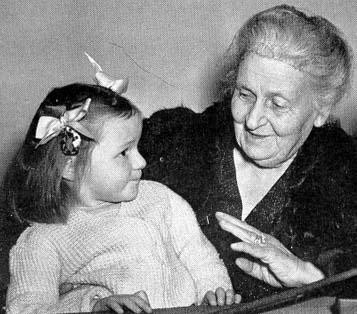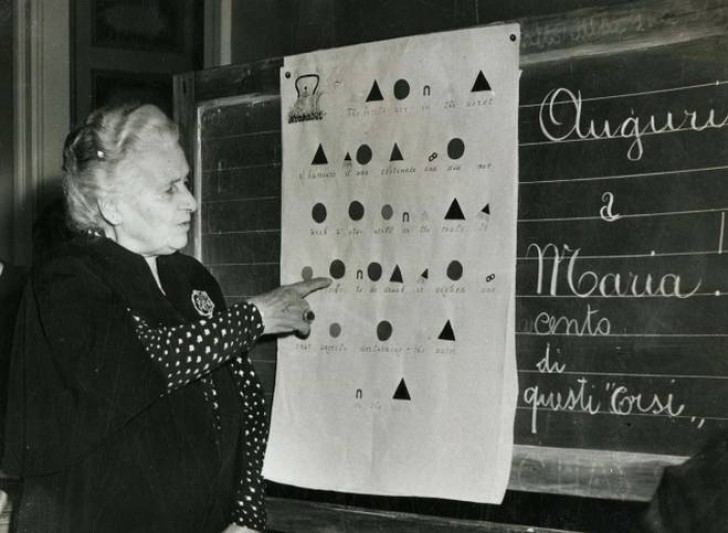How to use Montessori principles to teach children!

Until the early twentieth century (but in fact even afterward), children were not considered as being in need of particular attention and care, but rather as miniature adults.
It was only thanks to the work of the first educators who began to understand that every stage of life has its own psychology and that the period regarding childhood is of fundamental importance.
In this panorama, the work of educator Maria Montessori turned out to be revolutionary, so much that the principles she identified for raising and educating happy children are still considered a reference point.
In the wide panorama of the conclusions reached by Maria Montessori in her lifetime, there are 15 principles that best identify the way to raise happy and responsible children.

1) Educate by example. Children learn mainly from the facts, words come later.
2) Do not criticize them on every occasion, especially in public. They will become frustrated adults ready to judge others negatively.
3) Sincerely praise for their positive behavior, this will help them understand the value of things.
4) Try not to be hostile or angry with them. If they have parents that are always angry, they too will often tend to quarrel with others.
5) Never ridicule them, this hurts and damages their self-esteem more than you can imagine.
6) Have confidence in their skills and let them know it; this will increase their self-esteem.

7) Never underestimate them and tell them they will not achieve an objective, they could develop insecurities and feelings of guilt.
8) Listen to them and take their ideas into consideration so that they build up trust in their own abilities.
9) Give them all the care and love you are capable of giving. By feeling that they are loved they will learn to find love in the world.
10) Never talk about them badly. Not even when they are not there.
11) A parent has a duty to pay close attention to his / her own social and emotional skills and as well as those of their children.
12) Do not ignore them; on the contrary; always answer them when they try to communicate something to you.
13) Everyone makes mistakes, especially children. To really learn, they must be able to make mistakes serenely.
14) Helped them to become autonomous. Do not solve their problems but give them the means to be able to do it by him/herself.
15) Address them with affection and kindness; they will have a healthy social-emotional development.





